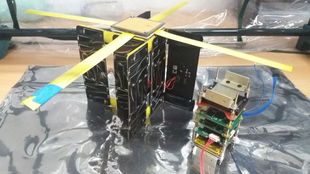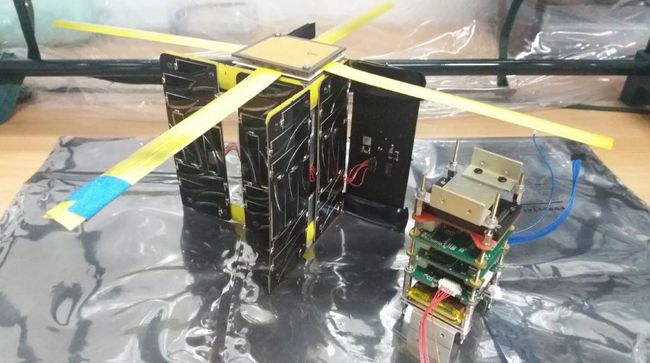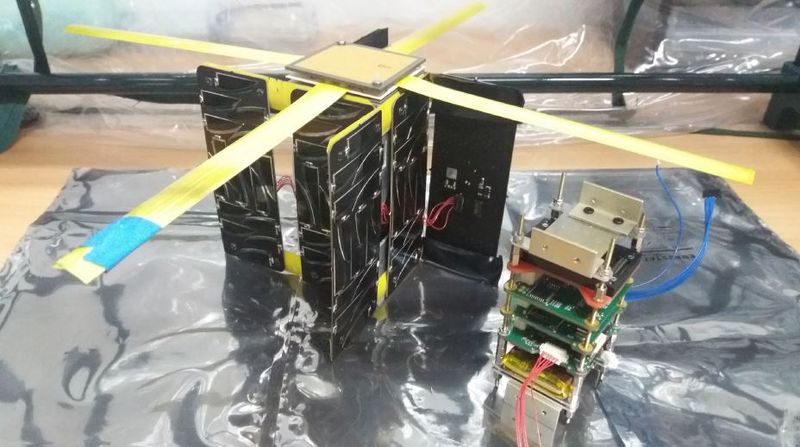


Utilizing the Unicorn-1 Platform for In-Orbit Demonstration and Space Heritage
Optocap and Alba Orbital presented this Project in the posters session at the UK Space Conference on 30th May.
The main objective of the project is to develop a space platform and ground segment to test and qualify electronic components and units in-orbit, offering regular flight opportunities and providing an economically feasible alternative for technology validation. The most outstanding feature is the standardization of the testing procedures that facilitates the integration and evaluation of multiple payloads, providing access to space for new technologies. This approach will increase the maturity level of European space technology at a competitive cost and lead time.
According to ESA criteria, in flight performance is the highest level of qualification for space products, so there is an increasing demand for in-flight services to accommodate new technologies, devices and systems for their validation. During the last years the low cost and scalability of Cubesats have made posible a dedicated single payload service for developers, optimizing system utilization and customizing mission-specific platforms. Lower TRL payloads can be accepted by Cubesats, increasing the potential return for developers by providing in-orbit performance data at an earlier stage in development.
This proposal is intended to be based on Unicorn-1 platform as provided by Alba Orbital.
The main idea of this Project is the definition of standardized processes for qualifiacation and validation of non qualified parts with specific focus on both critical areas (i.e. photonics) as well on the validation activities regarding the future use of automobile grade parts for New Space concepts. To achieve this goal, it will be necessary to study the platform requirements, data handling, payload classfication, payload/platform interfaces, experiments definition and execution, data user interfaces, and validation / certification services.
To achive the maximum level of standardisation, parts are proposed to be tested at chip level based on custom packaged criteria as provided by OPTOCAP to define a suitable common mechanical and electrical interface to be used on the maximum range of potential technologies.
As conclusion, the main purpose of this Project is to define a service to significantly accelerate the space technology maturity levels, focusing on four critical aspects: time, costs, standardization and volume of components to qualify.